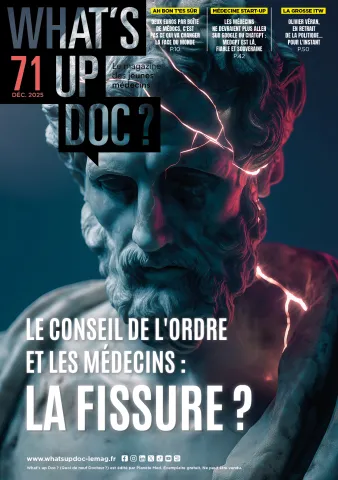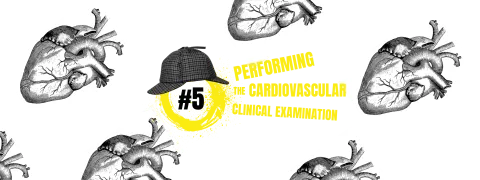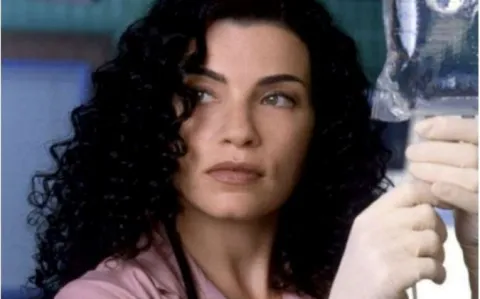
Doctor Cane: So, Emily, when did it all begin?
Emily: I think I must have been about 14, and it was bad right from the start. I’ve tried everything you can imagine, but none of the treatments, or diet changes worked. It’s really getting me down, and I’m afraid to go out or even talk to people. It’s soul-destroying – it affects everything I do.
Doctor Cane: And you’re twenty-five now, is that right? Did your G.P. tell you what causes acne?
Emily: Well, only in general terms – nothing too specific, but, of course, I looked it up on the Internet.
Doctor Cane: I’ll just explain again to make sure we’re on the same wavelength. Acne is caused by the overproduction of sebum in the skin, which blocks microscopic hair follicles. This, in turn, provides the perfect breeding ground for propionibacteria, which are the bugs that cause the characteristic white heads, black heads and red cysts etc. Unfortunately, most of the mainstay antibiotics are not as effective as they used to be because the bacteria are becoming resistant to them. And now about eighty per cent of sufferers could have acne that is resistant to the main antibiotics, such as erythromycin.
Emily: Does this mean that there’s nothing you can do – am I going to have this all my life?
Doctor Cane: Well, we’re going to have to do a few tests. Your hormones could be making the situation worse. Tell me, are you on the pill?
Emily: No, there’s no point really. I’ve never had a steady boyfriend.
Doctor Cane: It’s just that there’s a relatively common disorder called polycystic ovary syndrome, which can lead to higher than usual levels of male hormones called androgens, and this hormonal imbalance can lead to an over-stimulation of the sebaceous glands. This can cause your skin to become more greasy and increase the risk of acne. Sometimes, taking the pill can remedy this imbalance. I’m not saying it will cure your acne, but it may make it less aggressive.
I’m also thinking about a drug called roaccutane, which is very effective, but it does have some unfortunate side-effects. It can cause damage to babies in the womb and sometimes mood swings, for example. This means that you will have to take the pill and I’ll need to see you quite often to monitor the side-effects.
There are some other side-effects I must warn you about too. First, it may make your acne worse for two or three weeks and your skin and lips will probably become dry and fragile, so you mustn’t go out in the sun too much, and you may find that your eyes become dry or you may get conjunctivitis, but after that the acne should start to clear up. And another thing, as this drug has some rather unpleasant effects, you’ll have to sign a consent form.
Emily: What’s that, doctor?
Doctor Cane: It’s simply a document that explains the treatment and its associated side-effects, and when you sign it you are confirming that you’ve been informed about the risks and that you’re willing to go ahead with the treatment.
So, Emily, what do you think, would you rather check your hormone levels and see if taking the pill alone has any effect, or would you prefer to begin the treatment with roaccutane?
Emily: How long will I need to take the treatment?
Doctor Cane: You’d need to take one dose a day every day for eight to ten months – you have to take it with the main meal of the day – and then we’ll see the results and decide whether you should continue or not. It’s the cumulative dose that counts and about 90% of patients have excellent results with a cumulative dose of 150 milligrams per kilo of body weight. So at 1 milligram per kilo per day, the treatment would last 150 days.
Emily: Thank you, doctor – I think that I’ve suffered long enough, so I’d like to start the treatment as soon as possible. Can you give me a prescription today?
Doctor Cane: First I’ll let you read the information sheet and then you can sign the consent form. Could you make an appointment with your gynaecologist for the pill? Don’t forget to mention that you’re going to start a treatment with roaccutane, and remember - this is very important – don’t get pregnant when you’re on this treatment.
Source:
*Professeurs d’anglais médical `a l’université de Dijon













